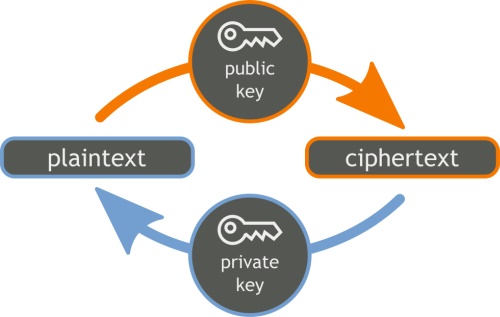A while ago, a little-known company named “Turing Robotic Industries” (TRI) announced an unusual phone design named “Turing Phone” that would be focused on encryption and security. The phone can now be reserved online.
It will have a fully metallic body that is made from a patented alloy named “Liquidmorphium” and is even claimed to be “unhackable” by its creators. According to its sparsely populated website, Liquidmorphium is claimed to be stronger than steel and titanium. This tough body is also certified waterproof at level 8 of the IP code. The overall body has a nice glossy finish.
The phone will also have a 5.5” 1080p screen, powered by a Snapdragon 801 SoC with 3GB RAM. It will run on Android 5.1 with a customized Turing UI. The front and back cameras are 8MP and 13MP respectively. The battery is non-removable and due to the focus on security, even the 3.5mm headphone jack and usual Android micro-USB port have been abandoned. Instead, there is a Bluetooth headset for the audio and a proprietary port for charging.
However, the phone’s main claim to fame is the secure communication possible between two Turing phones. There is a specialized chip for encryption. According to its makers, the phone would use “asymmetric encryption” (or public key encryption).
In this form of encryption, there are two complementary (called public and private) keys that have some sort of mathematical relation between them. When information is to be sent to a user, his/her public key (known to everyone) and an encryption algorithm are used to encrypt the information. That information can then only be extracted using the corresponding decryption algorithm with the receiving user’s private key. This system is based on mathematical operations that are easy to carry out it one direction, but are almost impossible to carry out backwards unless some secret information is known. (e.g, prime factorization of a very large number).
A common analogy often used to understand this encryption system is a mail-box, where the public key is the slot in the mail-box (anyone can put letters in) and the key to the mail-box is the private key (only accessible to the owner).
The more popular alternative is “symmetric” encryption (aka, private key encryption) , in which the encryption and decryption is carried out with the same key, shared secretly between the two ends via especially secure intermediate servers. According to the CEO of (TRI), S.Y.L Chao, such third party servers can be compromised by hackers, resulting in tampered or no longer secret keys.
TRI’s solution is to decentralize the process and take it entirely off the internet. Unlike traditional asymmetric encryption systems in which a centralized authority communicates the public keys, TRI’s method involves generating and sharing public keys directly between the two phones when there is a need for communication. It remains to be seen what extra measures would be taken within the operating system and software for added security.
While the claim of being “impossible to hack” might prove to be too high a claim, taking encryption offline, down to the hardware level on the phone does show the company’s serious aim of creating the “ultra-secure phone”. Currently, three variants have been announced, which are 16GB, 64GB and 128GB with prices of 610, 740 and 840 USD respectively. Clearly, not an average user price range, but then neither does an average user need the security that the Turing phone promises. The phone would be available in three colour patterns named “Beowulf”, “Pharaoh” and “Cardinal”. It will have 4G LTE support.
If you are planning to pre-order the phone, go ahead and do it at this link. Let us know if you pre-ordered the phone in the comment section below.
Images: Turing Robotics Industries, fonearena.com, maketechasier.com
Sources: The Verge, International Business Times, CNET







 A twitter user develops a script to win 1000 competitions
A twitter user develops a script to win 1000 competitions